Okay, time to talk about my cats….
I have two and they’re both adorable and I love them. Belang is the oldest (and the smallest); she is a short-haired tabby. Singa is the youngest (and the biggest) and she is a long-haired Maine Coon.
We got Belang in 2007 (I think). My family had just finished relocating and me and my brother had been very hopeful that this tragedy to our lives would result in a new member of our family (a pet). For a while, my mother considered getting a rabbit, but we decided it would be too much work. I kind of wanted a bird, but after my dad explained how a pet bird would be kept in a cage and never allowed to fly free and happy; I stopped asking.
In the end, my brother and I returned to our original preference: a cat. We checked out books and books about the caring of cats (and rabbits just in case). Then, in March of 2007, we took a trip to the shelter.
It was a rainy day, although I would like to believe that it was sunny. The sky was grey with clouds, but it was one of those surprisingly bright cloudy days. You know, where its brighter outside than it is inside, but not by much. It wasn’t raining very hard, just a few big drops here and there and once in a while a downpour.
We got to the shelter reasonably early. Nobody else was there, which made it feel kind of special. My brother and I were super-excited, as you might expect, and not even our father’s repeated “We’re only going in to look” couldn’t put us down. We knew that it would be pretty easy to convince him otherwise once we found the perfect cat.
The shelter looked pretty normal and unassuming as we walked up to it. I remember being surprised at how small it appeared inside. A lady at the front desk took us to the next room which was full with rows and rows of cages all along one wall filled with cats of varying ages and colors. Almost immediately, a small cat started meowing at the cage bars and rubbing up against them. I would like to say that me and my brother immediately were smitten with the small cat; however, we looked at the other cats first.
One of them was extremely fluffy and seemed to always be annoyed. Her name according to the cage label was Jojo, and she was already claimed; her owner was coming back for her later. Another cat, Midnight, was all black with short fur that looked extremely soft. I wanted to take her out to see if she was as soft as she looked, but the shelter lady only let us take out one cat at a time and I had to settle for futilely trying to stick my fingers through the bars far enough to touch her.
My brother became extremely attached to a male orange tabby by the name of Cricket who was in the middle-age years of his life. He spent the entire time playing with him and coaxing purrs out of the tabby.
After being rudely rejected by Jojo, my mother had opened the cage of the friendly small cat and almost immediately it latched onto her shirt with its claws. While my father tried to help extricate my mother from the cat, me and my brother looked at the cat’s label. It read “Angelique”, which we mispronounced as “Ann-jell-ih-koo”. Honestly our version was a prettier  name, in my opinion, but we didn’t figure out the true pronunciation until quite some time later.
name, in my opinion, but we didn’t figure out the true pronunciation until quite some time later.
The label and the shelter lady said that she was around 6 months old, but my dad, knowledgeable animal whisperer that he is, thought she was younger than that. We put her back in the cage to look around some more, but me and my brother knew that it had already been decided. We had won. We were getting our first cat.
Back home, we tried to come up with a new name for her (the shelter people told us she was a she). We ran a few names through our heads, many of them focused on her stripes and her tabby-ness. If I remember correctly, Ginger was one of the choices, as well as Socks, but we decided against them in favor of “Belang”, meaning stripes in Indonesian.
A few years later, we got Singa at a pet store during one of the “Adoption Days”. This was in 2011 and we weren’t planning on getting a cat when we went there. Our original plan was to get cat food.
It was a nicer day than the day we got Belang; there were clouds in the sky, but they didn’t cover the sun as completely as before and there was a light breeze, but not too much.
Our father was telling my brother and I about how the other day he had seen this black kitten up for adoption with little white paws that was extremely sweet, and when we asked why he hadn’t gotten it he said it was simply because “we already have a cat”.
As usual, in the pet store we split off. My dad to get cat food and litter, and me and my brother to go look at the pets that were always there. To our delight, a shelter group for cats had set up near the entrance and we were able to go and visit those there.
Almost immediately, she caught our eye. She was reasonably young and had the fluffiest fur we had ever seen on a cat. My brother and I were overjoyed, me especially… because of… reasons….
Anyway, these ladies were much more… how to say it nicely… rude… brisk… and extremely impatient compared to the other shelter people I had had experience with before. But I didn’t let this bother me and instead focused on the wonderfulness of a fluffy kitty!!!!
So, I’m sure many of you are familiar with the begging and pleading that follows the discovery of a pet that is dearly wanted. Well, ours went something like that, although my brother and I had to be a bit more creative with our arguments (you know, it gets harder each time you get something you want). Our mother had wanted a lap cat, and we demonstrated how calm the cat was and how she would let us pick her up and hold her without complaining. She even stayed in our lap after we put her there. Our father told us it was up to mom, partially because (so he said) he was still weak after seeing that kitten.
In the end, we got her and took her home. As usual, we got rid of her old name “Lily” and on the way home came up with a new one for her. Scarily enough, Fluffy was high on the very short list of names and for some reason “Singa”, meaning lion in Indonesian, wasn’t really a big candidate. However, it stuck in the end and that’s what we called her.
Now, I’m sure you’re wondering: “How did the other cat react?”. Well, I can assure you that they weren’t happy to discover they were sharing lodgings. Belang is a very tolerant cat, but she’s lazy too. After several  years of eating her fill and then sleeping it off, involving very little movement in her life, it was a big shock for her to suddenly realize that she had competition.
years of eating her fill and then sleeping it off, involving very little movement in her life, it was a big shock for her to suddenly realize that she had competition.
Meanwhile, mild-mannered Singa turned out to not actually be that mild-mannered and actually had quite a temper. Apparently, the shelter people had drugged her to make her more complacent when they moved her around and she recovered right around the time when we took her home and set her loose.
Belang and Singa hit it off right away with Singa deciding it would be most fun to chase Belang around the house on a day to day basis. This obviously got Belang back into shape real fast, but it was still a bit uncertain who ruled supreme.
You’d think that Singa would be the new cat in charge after this, but a few weeks in, Belang began fighting back. Every once in a while you’d here skittering and thumps and it would be Belang chasing Singa instead of the other way around.
Oh yeah, here’s the best part. I’ve established that Singa is extremely fluffy, right? Well, she also has fur on the bottom of her paws….
….Aaannnddd most of the floor in our house is tile or wood….
….Sooooo…. Whenever she runs, she goes one direction just fine, but whenever she tries to turn, you hear skitter-skitter thump!
She can’t actually turn and just slides until she hits a wall, then she gets up and keeps running. It used to scare us, but now its common place. Kind of like how Belang makes yowls when she’s lonely.
oh oh. Funny story: My aunts (on my mom’s side) came to visit and one time they were alone in their room and all the lights were off accept for the ones in their room. Then they heard a ghost and freaked out.
Now, the truth of the matter was that it was my cat (Belang) yowling because she was sad… but they didn’t find that out until later and were quite freaked out by it. Ever since, my mother’s younger sister has been terrified of Belang, when she should really be scared of Singa (she’s the one that bites).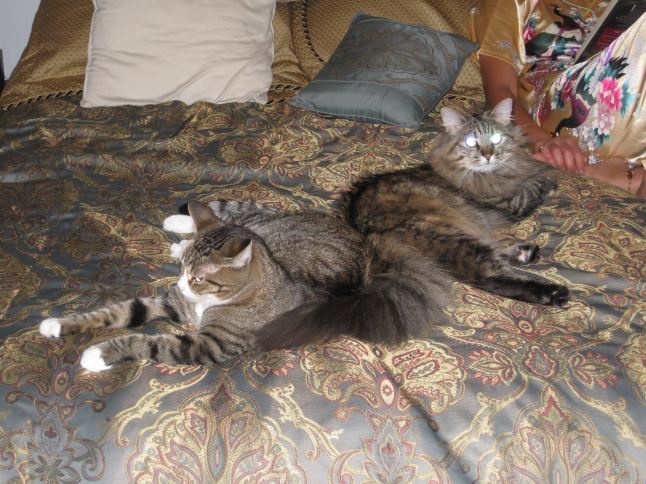
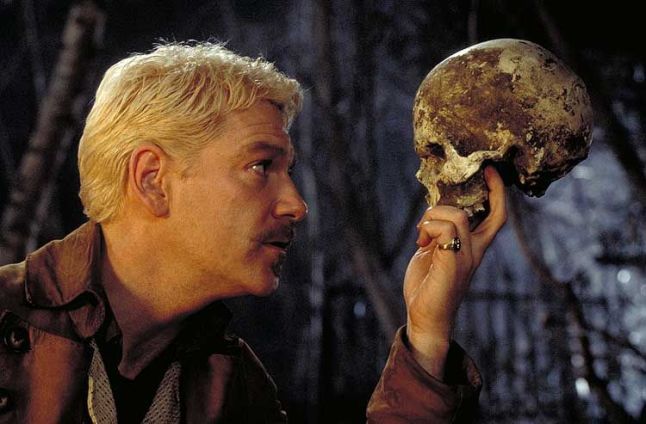

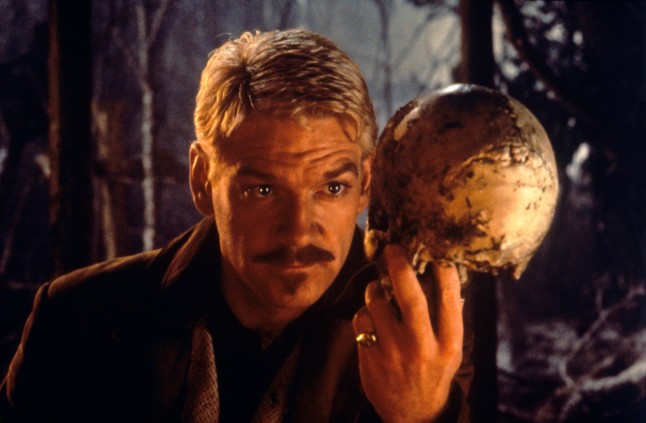


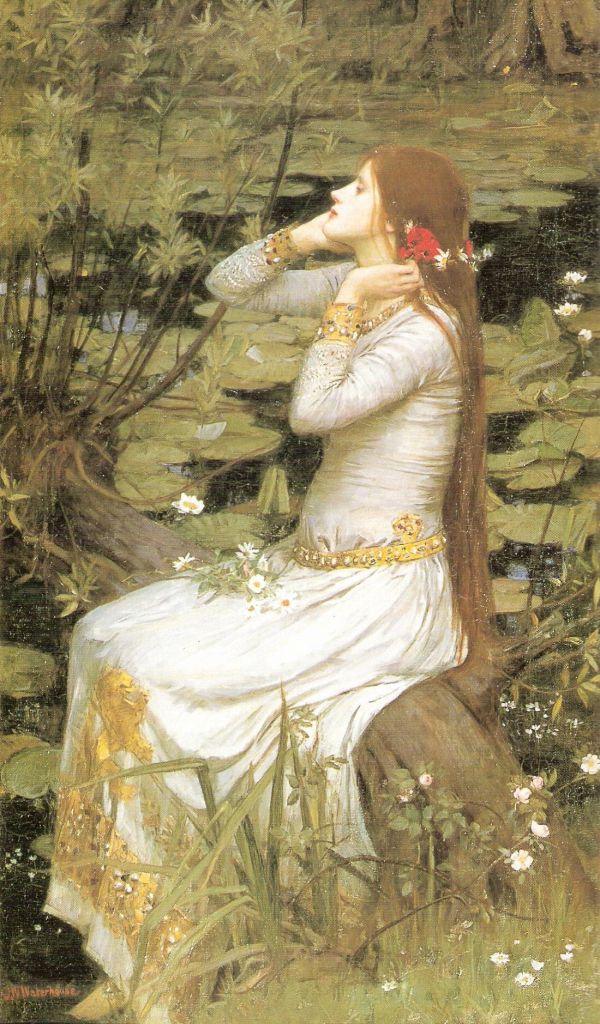
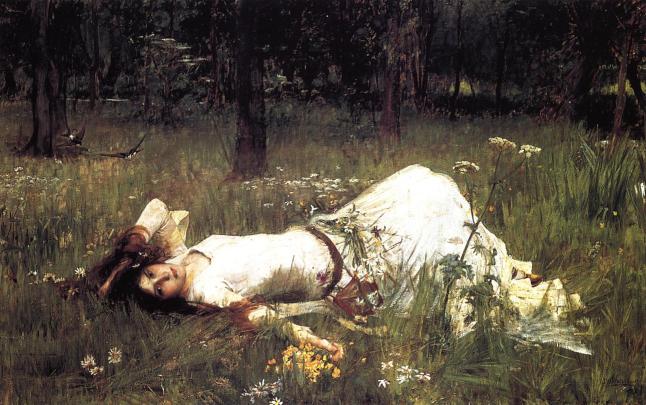
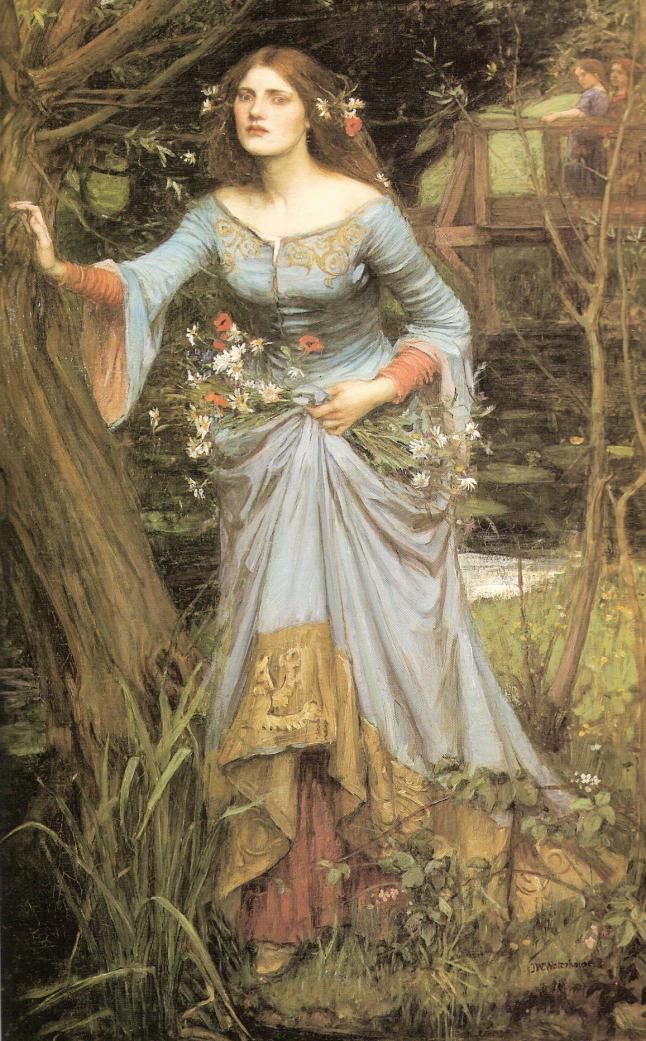







 name, in my opinion, but we didn’t figure out the true pronunciation until quite some time later.
name, in my opinion, but we didn’t figure out the true pronunciation until quite some time later.
 years of eating her fill and then sleeping it off, involving very little movement in her life, it was a big shock for her to suddenly realize that she had competition.
years of eating her fill and then sleeping it off, involving very little movement in her life, it was a big shock for her to suddenly realize that she had competition.




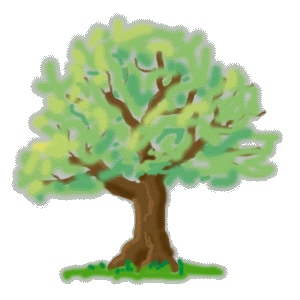 cousin or something, but to me, it does not have as lasting an impression on me as someone whose parents’ parents’ parents migrated to a new place, then struggled to survive in a new environment, meet new people, make new friends, adjust to a new culture.
cousin or something, but to me, it does not have as lasting an impression on me as someone whose parents’ parents’ parents migrated to a new place, then struggled to survive in a new environment, meet new people, make new friends, adjust to a new culture. Whenever I’m asked to tell people about who my ancestors were, the first ones I talk about is not the “white” side of my family, but rather the Asian side. Part of the reason may be because I can gather more facts about my Asian side than my Caucasian side, but I think it is also because I find the struggles my Asian grandparents, or actually grandparent, had to go through more riveting than the bland textbook facts that my grandfather on my dad’s side had an ancestor on his mother’s side who was a direct descendant of either Lewis or Clark (pretty sure it was Lewis, but I’m not entirely sure) from the Lewis and Clark Expedition.
Whenever I’m asked to tell people about who my ancestors were, the first ones I talk about is not the “white” side of my family, but rather the Asian side. Part of the reason may be because I can gather more facts about my Asian side than my Caucasian side, but I think it is also because I find the struggles my Asian grandparents, or actually grandparent, had to go through more riveting than the bland textbook facts that my grandfather on my dad’s side had an ancestor on his mother’s side who was a direct descendant of either Lewis or Clark (pretty sure it was Lewis, but I’m not entirely sure) from the Lewis and Clark Expedition. create a successful company from scratch. My grandmother had several siblings and didn’t work until after she married my grandfather, when she did work, it was in the family business. All in all, they were as happy as an average married couple.
create a successful company from scratch. My grandmother had several siblings and didn’t work until after she married my grandfather, when she did work, it was in the family business. All in all, they were as happy as an average married couple.